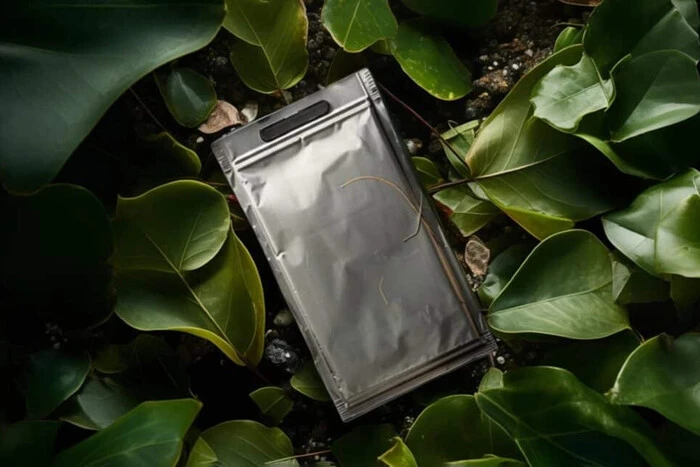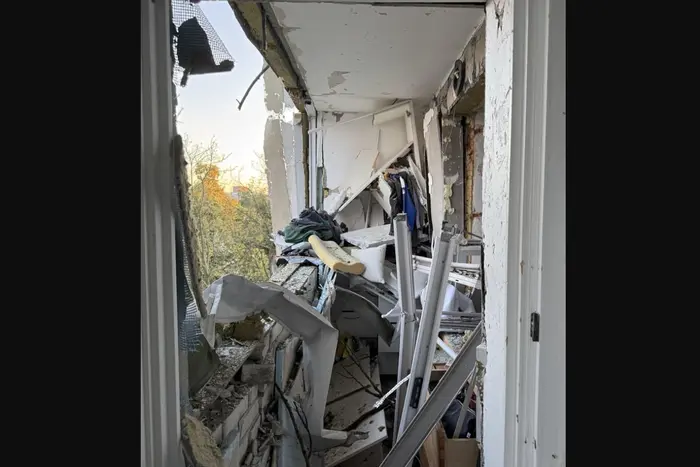Paper Batteries: An Eco-Friendly Alternative to Lithium Created in Singapore.


Technological Breakthrough: Singapore Startup Develops Paper Batteries
Singapore startup Flint has announced the development of paper batteries that could change the battery market. These batteries promise to be cheaper, safer, and more environmentally friendly than lithium-ion batteries. The development has already received the Best of CES Sustainability award.
What You Need to Know About Paper Batteries
These new batteries are made from non-toxic and biodegradable materials, making them eco-friendly and resilient against environmental impacts. They are flexible and can be used in various devices, from consumer electronics to medical devices. The main component is cellulose, which serves as the electrolyte for ion transfer between the anode and cathode. This allows for an efficient and eco-friendly alternative to lithium batteries without mining rare metals.
Why These Batteries Are Attracting Major Companies
Paper batteries have several significant advantages:
- Sustainable Development. The production of these batteries does not require the extraction of rare elements, minimizing environmental damage.
- Safety. They do not catch fire when physically damaged, decisively addressing the safety issues inherent in lithium-ion batteries.
- Cost-Effectiveness. The cost of energy storage in these batteries is significantly lower than in lithium counterparts.
- Flexibility of Use. They can be used in various fields due to their lightweight and plasticity - from electronics to transportation.
Technology of the Future
One of the main advantages of paper batteries is their ability to biodegrade - they completely break down within six weeks. This development has attracted the attention of many companies in the fields of electrical engineering, consumer, and transportation electronics. The startup Flint has already received $2 million to build a testing factory in Singapore, indicating the promise of this technology and the potential for decentralizing the battery market in the future.
Read also
- In the USA, a man drove a car into a church and opened fire
- Russia attacked Ukraine with 368 aerial targets: how many were shot down
- Battlefield map of Ukraine as of June 23, 2025
- Lion attacked Oleg Zubkov in Crimea: collaborator seriously injured
- Russia destroyed Taras Topolya and Alyosha's apartment (video, photo)
- Enemy losses as of June 23, 2025 – General Staff of the Armed Forces of Ukraine










